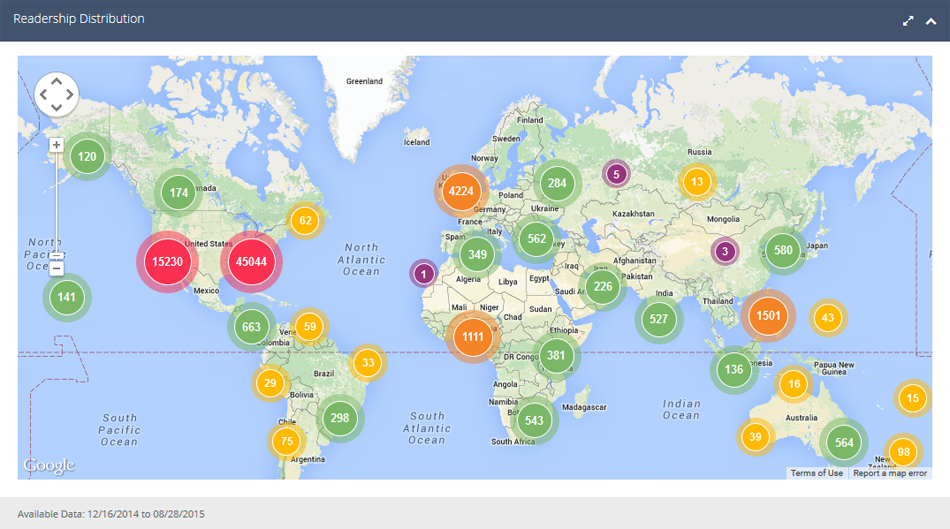
This page will talk a little about science in the twenty-first century and new ideas about intellectual property and ownership.
When properly implemented, open science policies promote “efficiency, greater collaboration, reduced duplication, . . . a broadening of the user community, improved code testing, more reproducible research, and enhance[d] research transparency.”
-- (NASEM, 2018, p. 3, in NASA, 2023, "Why Do Open Science?")

Copyright is Vested Automatically

[The Congress shall have power] To promote the progress of science and useful arts, by securing for limited times to authors and inventors the exclusive right to their respective writings and discoveries.

Open science refers to the process of making the content and process of producing evidence and claims transparent and accessible to others. Transparency is a scientific ideal, and adding ‘open’ should therefore be redundant. In reality, science often lacks openness: many published articles are not available to people without a personal or institutional subscription, and most data, materials and code supporting research outcomes are not made accessible, for example, in a public repository (Munafò et al., 2017 "A manifesto for reproducible science")
